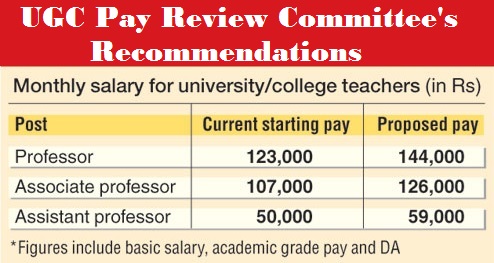To check overstay, Centre cuts deputation allowance of bureaucrats
Bureaucrats on central deputation abroad and within the country will not get deputation allowance beyond five years of such tenure
Norms allow a maximum of seven-year, in break-up of five plus two years in usual cases, central deputation term for officers to work outside their state cadre or abroad.
The admissibility of deputation (duty) allowance would be up to the fifth year, if the deputationist has opted to draw such monetary benefit, an order issued recently by the Personnel Ministry said.
The decision has been taken to check overstay of central deputation period by officers including those in Indian Administrative Service (IAS) and Indian Police Service (IPS) among others, officials said.
The move comes after the government noticed a few cases where officers central deputation tenure was being extended, mainly while they were working abroad, by ministries concerned beyond the maximum period of seven years citing "exigencies", they said.
The Personnel Ministry has already issued a directive to warn officers that they may lose their job for overstaying on foreign posting.
In case of deputation within the same station, the allowance will be paid at the rate of 5 per cent of basic pay subject to a maximum of Rs 2,000 per month; and in other cases, it will be payable at the rate of 10 per cent of the employee's basic pay subject to a maximum of Rs 4,000 per month.
PTI













